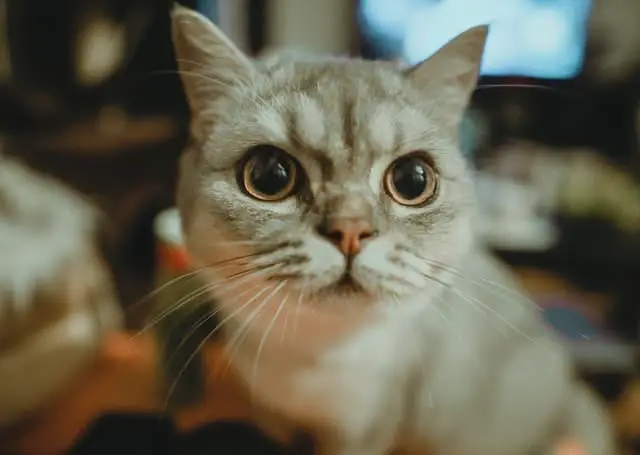
Here is everything you need to know about feeding the Brazilian Shorthair, so that this cat is always strong and healthy.
Making sure that your pet’s diet is balanced, complete and healthy is the first step in ensuring that his life is long and peaceful. What essential nutrients can not be missing in the Brazilian Shorthair’s diet? Let’s find out together.
Nutrition of the Brazilian Shorthair: doses and frequency of meals
How much and when to feed the specimens of this breed?
As for the doses of baby food to be administered to the cat, it would be preferable to contact the veterinarian, with whom to plan a truly perfect diet for your Brazilian Shorthair.
In fact, it is very important to take into consideration strictly individual factors, such as age, sex, state of health and lifestyle of the animal.
In principle, the amount of dry food for the cat should be calculated by multiplying 40 grams for each kg of the animal’s body weight.
The figure should be divided by 3 to get the kibble dose. How often to feed the Brazilian Shorthair?
Generally, the ideal would be twice a day: once in the morning and once in the evening.
Alternatively, however, it is possible to divide the daily ration for the four-legged in small snacks, to be given to him throughout the day.
What to feed the Brazilian Shorthair
Knowing what to feed your cat is essential to planning the perfect nutrition for the Brazilian Shorthair.
Being an obligate carnivore, like all the other members of its species, it is essential that the cat takes mainly proteins of animal origin.
Green light for chicken, beef and turkey, and – to a lesser extent – fish.
In fact, these foods contain essential nutrients for the animal’s well-being, which its body is unable to produce by itself.
Brazilian Shorthair: Home or Industrial Nutrition?

Finally, we just have to answer one last question about the Brazilian Shorthair’s diet: is it better to choose industrial feed or prepare the meals yourself to give to your pet?
In general, there is no single answer to this question. In fact, a lot depends on the time available to us and our preferences.
The home diet for cats has numerous advantages, including first of all that of personally selecting the ingredients to be used in making the food for the cat.
Among the cons, however, are the time and commitment that this type of diet requires.
Furthermore, it is essential to plan the feeding of the four-legged with the help of the veterinarian: the risk of nutritional deficiencies, in fact, is very real.
On the contrary, the industrial feeds present on the shelves of specialized shops are complete and balanced.
In this case, however, it is essential to check the quality of the ingredients by looking at the table on the back of the package.






